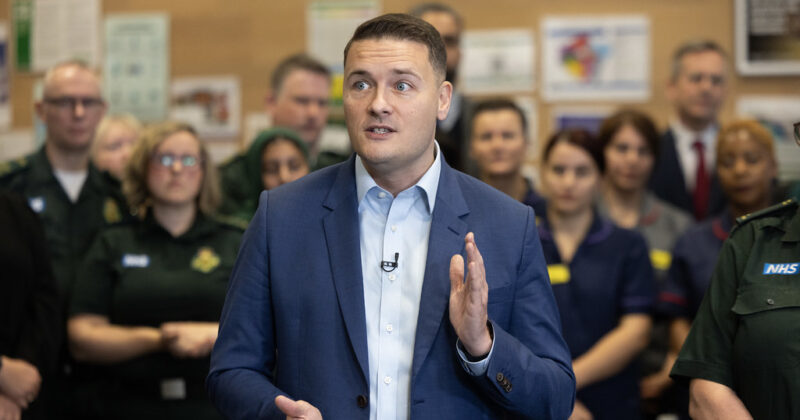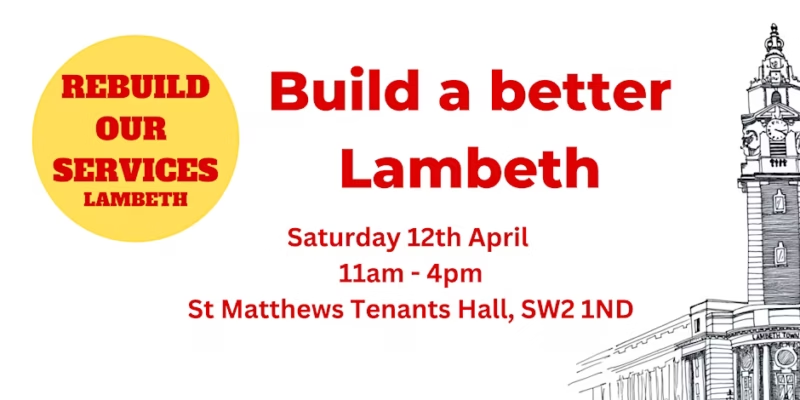Editorial: Anticapitalism hits the streets
 November is a crucial month in the fightback against the cuts. Demonstrations and protests by students and electricians will hit the headlines; there will be a large conference, Unite the Resistance, with hundreds of rank and file trade unionists; and everything will be building up for mass strikes on 30 November.
November is a crucial month in the fightback against the cuts. Demonstrations and protests by students and electricians will hit the headlines; there will be a large conference, Unite the Resistance, with hundreds of rank and file trade unionists; and everything will be building up for mass strikes on 30 November.
And let’s not forget the protest camps in London organised by the Occupy movement, which have made a real impact in the way people are thinking about the crisis.
Ed Miliband even wrote an article for Observer, arguing the protesters reflected a mood felt by millions of people – that the 1% are getting rich, and the 99% are suffering – and urged politicians to “wake up” and respond to this mood. If only Ed Miliband would take his own advice. He could start by giving his unconditional support to the fightback against the cuts, backing the strikes on the 30 November, and promising to reverse every single one of the Tory cuts. But the fact that he feels compelled to reach out to the #Occupy movement shows the dramatic growth of anticapitalist consciousness and the pressure of the movement. It’s inconceivable that Tony Blair would have said such things about the anticapitalist movement of the early 2000s.
Hanging over all of us are the problems of the Eurozone which threaten the EU project, and could even trigger a new global recession. A default by Greece, Spain or Italy would certainly threaten the single currency and the European financial system. Angela Merkel warned that the results of the Euro debt crisis will last a decade – a decade of stagnation and low growth, with working class and middle class people asked to pay the costs of a long and bitter period of class warfare.
In the face of this, building the resistance and getting stuck into the fightback is critical. The strikes on 30 November need to be the start of a campaign of mass industrial resistance, of general strike proportions, aimed at bringing down the government. We need a social explosion against austerity – direct action, civil disobedience, strikes and occupations – that say we won’t pay for their crisis.
The Tories and Liberal Democrats are scared of the prospect of mass strike action. They offered meagre concessions but still won’t budge on the central issues – that workers are being asked to make increased contributions and work for longer for a pension which will be worth less. Disgracefully the Labour leadership have already said that “it’s right that public sector workers are asked to work longer and contribute more” to their pensions, and welcomed the Con-Dem “compromise”.
Only determined action – escalating quickly beyond the partial, one day public sector general strike on the 30 November, towards an all out indefinite general strike – will bring down the Con-Dems. But we can’t rely on our trade union leaders to bring this off. The leaders of the big unions are fiercely opposed to any decisive confrontation with the government. Dave Prentis already welcomed the concessions the government has made indicating he might pull 1.1 million Unison workers out of the 30 November action.
That’s why it’s so important to build rank and file organisations in the unions. The Unite the Resistance conference on 19 November should take practical steps to such an organisation.
This isn’t just necessary, it’s also possible. In Unite, the relatively small numbers of activists who supported Jerry Hicks’ election campaign for leadership of the union have formed Unite Grassroots Left as an independent rank and file movement, consolidating his hundreds of supporters into a permanent network. Look at what the Sparks have achieved so far. If this was done in every union we’d be in a stronger position to obstruct any sell out.
The anticapitalist mood is certainly growing, but it is diffuse, uncoordinated and still in its infancy. A thousand ideas are in the mix, with everything from higher corporation tax to an end of corporations altogether being discussed under the arches of St Paul’s. This is an exciting development, for the first time in years the media is using the word ‘capitalism’ again – it shows it must be in trouble.
We wanted to use this paper to begin what we think is an important initiative. We believe it is crucial now to build an anticapitalist organisation which can unite rank and file activists in the trade unions with the students and anticapitalists who are taking to the streets. The left is too divided – now more than ever we need unity. We need to unite to build a stronger, radical anticapitalist party in Britain with a strategy to bring down the system.






